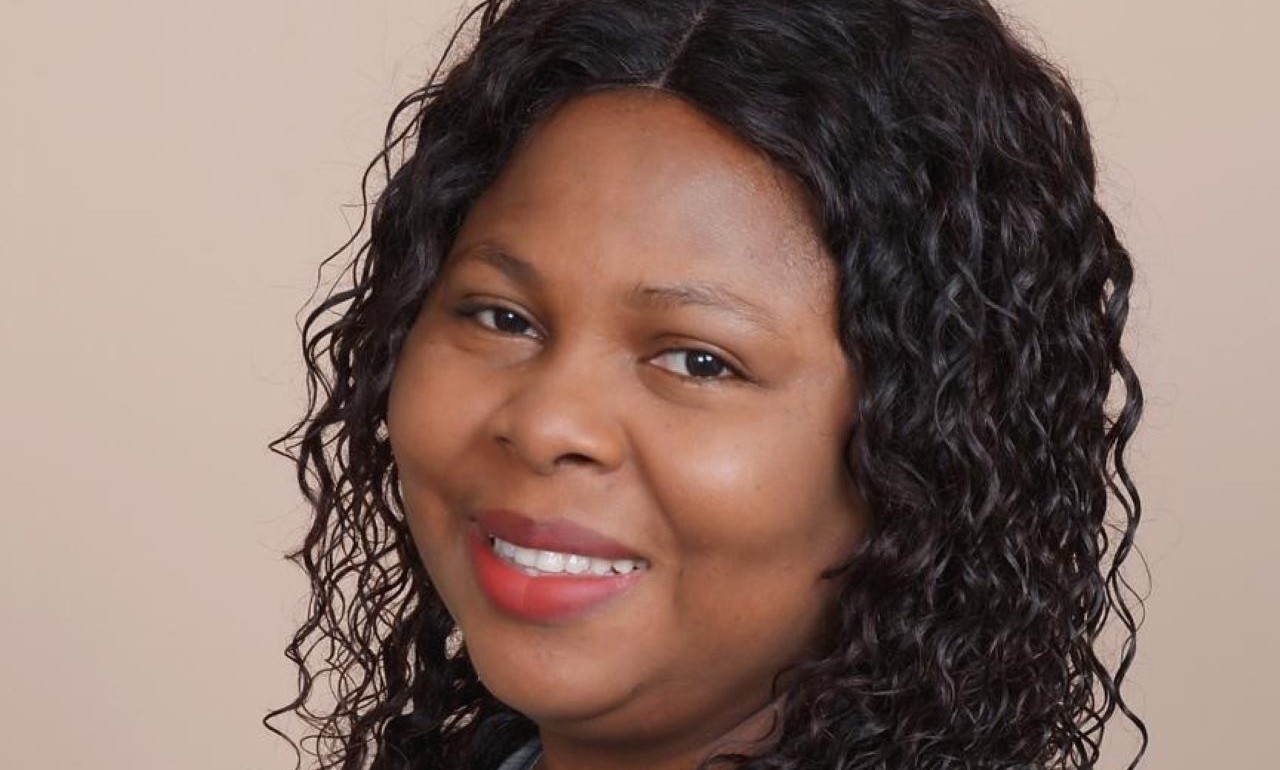 Recent research from the University of Calabar, conducted by Busola Akerele, reveals significant challenges affecting business education in the state. The study examined the issues and strategies for effective implementation of business education curricula for relevant skills development among students and highlighted the crucial need for reforms to improve educational outcomes for students.
Recent research from the University of Calabar, conducted by Busola Akerele, reveals significant challenges affecting business education in the state. The study examined the issues and strategies for effective implementation of business education curricula for relevant skills development among students and highlighted the crucial need for reforms to improve educational outcomes for students.
The research provides valuable insights and identifies several critical factors limiting the effectiveness of business education. One major concern is the limited provision of modern instructional facilities. Akerele states, “According to Lemchi in Atah (2018), inadequate equipment can disrupt teaching and increase noise levels, leading to ineffective learning.” High costs associated with procuring and installing modern technology mean many institutions are unable to afford the necessary resources for all students,” she continues. She proceeded to shed light on the study from Amadi and King (2018) that further highlights that the expense of Information Communication Technology (ICT) has severely hindered skill acquisition among business education students in Nigeria.
Another significant challenge is the lack of a robust professional development program for lecturers. Nagel (2013) points out that integrating new technologies into teaching practices is difficult without sustainable redevelopment programs. Unfortunately, business education stakeholders often fail to provide regular training for educators, leaving them unprepared to effectively use modern tools.
Inadequate infrastructure also poses a problem. Effective curriculum implementation depends on the availability of facilities such as laboratories, studios, and libraries. However, many institutions lack the funds necessary to build and maintain these essential resources. The high costs involved in these projects mean that many schools struggle to offer the comprehensive support needed for effective teaching.
“Inconsistent power supply is another barrier to quality business education.” Akerele points out. Modern technologies require a reliable electricity supply, which is often lacking. The issue is compounded in rural areas where schools may have no access to electricity at all. The inability to afford generators that can power the necessary facilities further exacerbates the problem, making it difficult to use modern technologies in teaching.
Collaboration between educational institutions and industries is also lacking. Akerele states that strong partnerships with businesses can provide valuable internships and expose students to current industry practices. However, many business education departments do not have well-established connections with industries or skill acquisition centers, limiting students’ opportunities for real-world experience.
Poor supervision of students during internship programs further complicates the situation. The Students Industrial Work Experience Scheme (SIWES) is designed to bridge the gap between classroom theory and practical application. Yet, inadequate supervision by institutions allows some students to misrepresent their performance, undermining the program’s effectiveness. Adenonke in Okwueze (2011) emphasizes that while SIWES can be a valuable tool for skill development, improper supervision remains a significant challenge. “SIWES is supposed to be duly supervised. No one knows what they do there, all they do is bring reports and that’s it,” Akerele says.
Other challenges include lecturers’ resistance to technological change, the inability to utilize modern instructional facilities, large class sizes, inadequate time to cover curriculum content, poor monitoring and evaluation of teaching, and lack of special rewards for those who embrace emerging technologies.
Despite these challenges, the study offers hopeful recommendations. Akerele suggests investing in modern technologies, enhancing professional development for educators, strengthening industry partnerships, and finding reliable power solutions. These steps could significantly improve the quality of business education and better prepare students for the workforce.
“The issues we’ve identified are serious, but they also present an opportunity for meaningful change,” said Akerele. “By addressing these challenges, we can ensure that our students receive the education they need to succeed in today’s competitive job market.”
Akerele’s research highlights both the obstacles and the potential for improvement in business education. Her work emphasizes the need for proactive measures to enhance the learning environment and better equip students for future success. Nneka I. Otum, who collaborated with Akerele on this research, also contributed valuable insights into the challenges and solutions related to business education in shaping these reforms.
Busola Oluwabunmi Akerele, a prominent figure in the field of business education, has been at the forefront of ensuring that curricula are not only relevant but also inclusive, preparing students to meet the diverse demands of the contemporary labor market.






